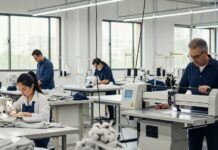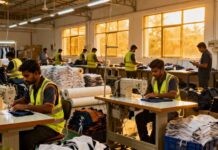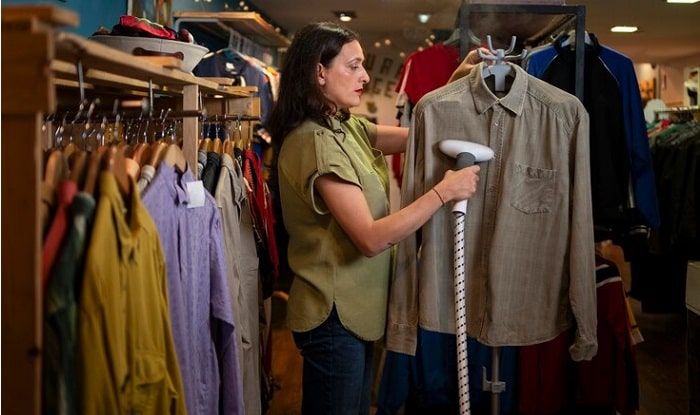A recent Oxfam survey reveals that two-thirds of British consumers now own second-hand clothing, highlighting a significant shift towards sustainable fashion practices. The data indicates a growing acceptance of preloved garments among shoppers, driven by environmental concerns and the desire for unique styles.
The rise in second-hand ownership is attributed to various factors, including increased awareness of the fashion industry’s environmental impact and the economic advantages of purchasing used items. Thrift stores, online resale platforms, and clothing swaps have gained popularity, providing consumers with more accessible options for sustainable shopping.
The trend is particularly prominent among younger generations, who are more inclined to embrace circular fashion and prioritize eco-friendly choices. This shift not only supports sustainability but also encourages creativity in personal style, as consumers seek out one-of-a-kind pieces.
As the second-hand market continues to flourish, retailers and brands are adapting to the changing landscape by incorporating resale strategies and promoting the benefits of sustainable fashion. This data underscores the potential for growth in the second-hand sector, as more individuals choose to make environmentally conscious purchasing decisions.

































